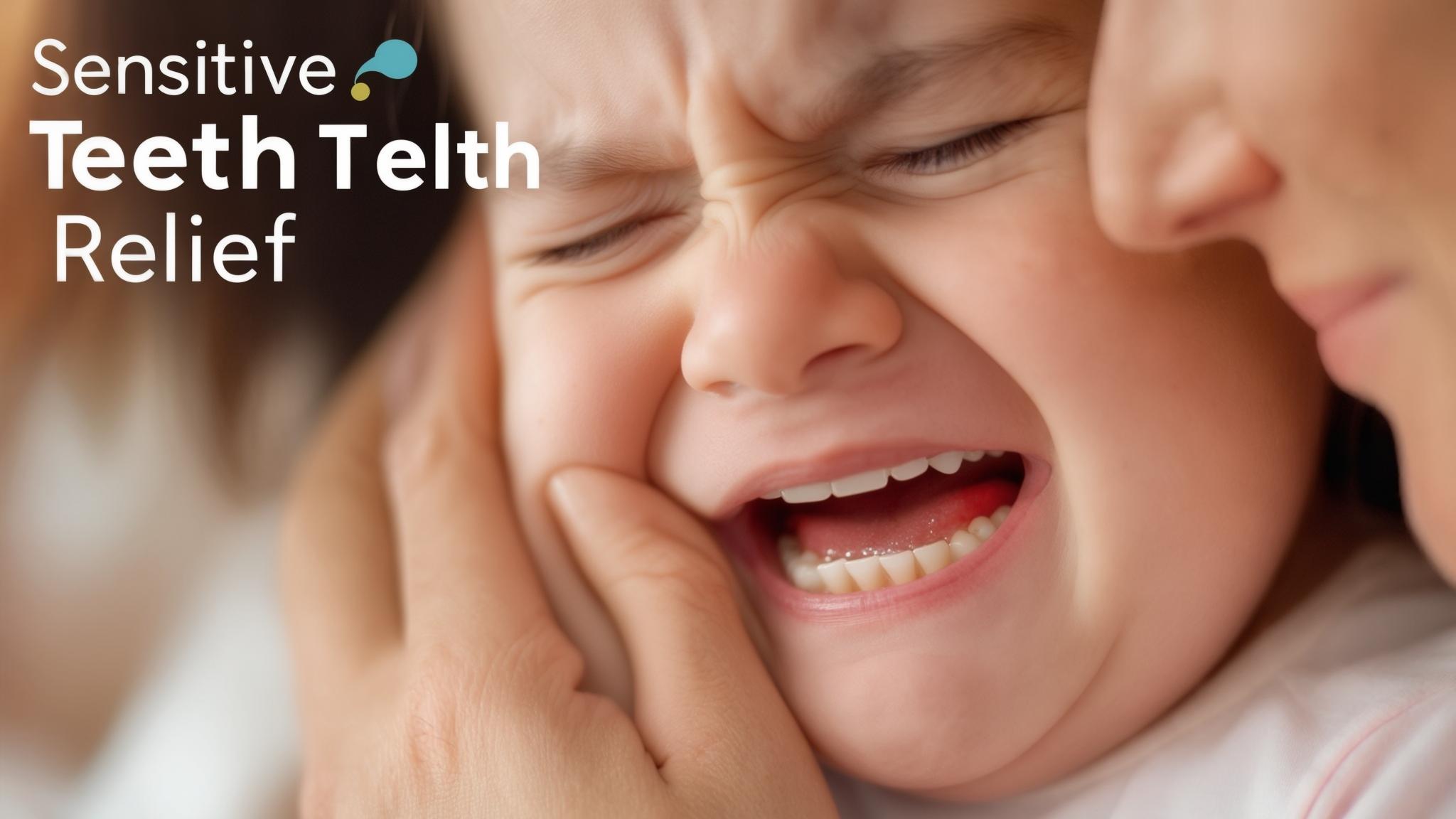Understanding Tooth Sensitivity in Children
Tooth sensitivity in children is a common yet often overlooked dental issue. Dental sensitivity occurs when the protective enamel on teeth becomes thin or worn, exposing the underlying dentin or roots. This can lead to discomfort or pain, especially when consuming hot, cold, sweet, or acidic foods and drinks. It's crucial to differentiate between general dental pain, which might indicate a cavity or infection, and sensitivity, which is often temporary and related to environmental factors.
Prevalence of Tooth Sensitivity in Children
Tooth sensitivity affects a significant number of children, though it varies by age and dental habits. Studies show that children between the ages of 6 and 12 are most prone to sensitivity due to the combination of developing teeth and dietary habits. Understanding these trends helps in early detection and intervention.
Causes of Tooth Sensitivity in Children
Several factors can contribute to tooth sensitivity in children:
Enamel Erosion
Enamel, the hard outer layer of teeth, can erode due to acidic foods and drinks like citrus fruits and soda. Poor oral hygiene exacerbates this by allowing plaque to weaken enamel further.
Gum Recession
Though more common in adults, gum recession can occur in children due to aggressive brushing or orthodontic issues, exposing sensitive areas of teeth.
Cavities and Dental Decay
Cavities can lead to sensitivity as they break down tooth structure, exposing nerves. Look for signs like dark spots or pits on teeth.
Dental Trauma
Accidents or falls can damage teeth, leading to sensitivity. Even minor trauma can cause lasting sensitivity if not addressed.
Other Medical Conditions
Conditions like bruxism (teeth grinding) or certain medications may also contribute to sensitivity by wearing down enamel.
Signs and Symptoms of Sensitive Teeth in Children
Children with sensitive teeth may show various signs:
- Discomfort when eating or drinking hot, cold, or sweet foods
- Avoidance of certain foods
- Complaints of pain during dental visits or daily activities
Diagnosis of Tooth Sensitivity
A pediatric dentist plays a vital role in diagnosing sensitivity. Through clinical examinations and tools like X-rays, they can identify the underlying causes and recommend appropriate treatments. Early diagnosis is key to preventing long-term dental issues.
Care Tips for Managing Sensitive Teeth in Children
Oral Hygiene Practices
- Encourage gentle brushing and flossing with a soft-bristled brush and toothpaste designed for sensitive teeth.
Dietary Recommendations
- Limit acidic and sugary foods, and promote a diet rich in fruits, vegetables, and dairy to support dental health.
Regular Dental Visits
- Routine check-ups are essential for monitoring dental health and receiving professional treatments like fluoride applications.
Protective Measures
- Consider mouthguards for children who grind their teeth and explore fluoride treatments or sealants for added protection.
When to Seek Professional Help
Visit a dentist if your child experiences:
- Persistent pain that does not subside
- Visible signs of dental issues like chips or cracks
Dentists can offer desensitizing treatments or restorative procedures to address severe sensitivity.
Conclusion
Addressing tooth sensitivity in children is crucial for their overall dental health. Encourage open communication with your child’s dentist and promote healthy habits from a young age to ensure a lifetime of smiles.
References
- American Dental Association: Dental Health for Children
- National Institute of Dental and Craniofacial Research: Pediatric Oral Health
For further reading, consider exploring resources on children's dental health to stay informed and proactive.

